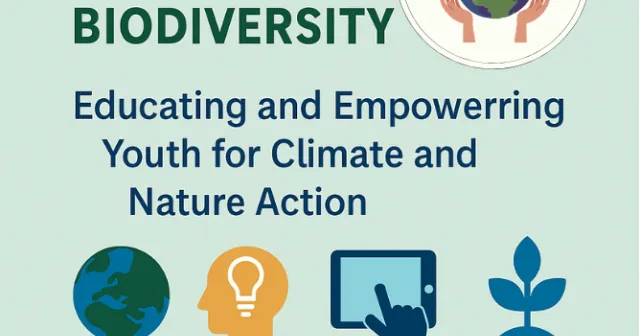Education in Old Age: Golden Rules
Key Considerations in Elderly Education

Educational initiatives aimed at the elderly hold significant importance both individually and socially. Supporting the education of older adults can enhance their quality of life, promote social participation, and maintain mental health. Here are key considerations in elderly education:
Identifying Learning Needs
The educational needs of elderly individuals can differ from those of younger people. Therefore, educational programs should be designed with the interests, learning goals, and individual needs of older adults in mind. For example, courses on digital literacy, health information, or hobbies and interests may be particularly popular.
Technology Usage Training
In the digital age, the rapid development of technology can sometimes be challenging for elderly individuals. However, learning to use technology can increase their social participation and support their independence. Thus, training in basic technology skills such as computer and smart device use should be provided.
Health and Wellness Education
Health is a crucial aspect of life for older adults. Education on health and wellness can help them develop healthy living habits. Training should cover topics such as nutrition, exercise, mental health, and chronic disease management.
Social and Cultural Activities
Social participation is a key factor in enhancing the quality of life for elderly individuals. Educational programs should encourage socialization and bring older adults together through social and cultural activities. Activities such as art, music, dance, and cultural excursions can strengthen social bonds among older adults.
Organizing the Learning Environment
The learning environment is also important in supporting the educational process of older adults. The physical environment should be safe and comfortable, visual and auditory aids should be used, and learning materials should be clear and accessible. Additionally, an interactive and participatory learning environment should be created by leveraging the experiences and wisdom of older adults.
Lifelong Learning Approach
Lifelong learning is an approach that encourages individuals to receive education and develop themselves at any age. Older adults should be actively involved in this process. This helps them feel valued and contributes to their continuous development.
Family and Community Support
Family and community support play a significant role in the educational process of older individuals. Family members and the community should encourage the participation of older adults in education and provide necessary support. Additionally, societal awareness should be raised to develop a positive attitude towards the education of elderly individuals.
Motivation and Encouragement
Motivational and encouraging elements should be used to increase the participation of elderly individuals in education. Educational programs should address the interests of older adults and actively encourage their participation. Recognizing achievements and providing small rewards can boost motivation.
The education of older individuals is a critical element that enhances their quality of life, ensures social participation, and maintains mental health. Educational programs should be designed to meet the needs and interests of older adults, provide support in areas such as technology and health information, and promote social participation. With the support of family and community, active involvement of older adults in lifelong learning processes can lead to a healthier and happier aging period.




